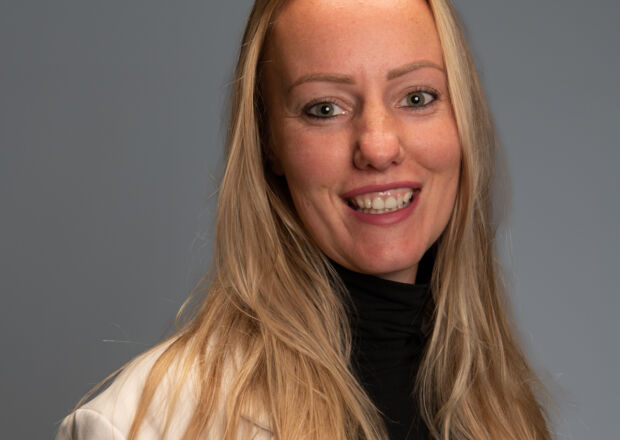Please note: Not every research project is available each semester. If you are interested in a specific topic, contact the respective contact person to check the project's availability and schedule a meeting with the researcher. If multiple students show interest in the same topic, the researcher may conduct interviews to select the most suitable candidates.
Energy Transition
Learn about the financial, social, technical, and creative aspects of the energy transition. Sustainable solutions are complex, and stakeholders often have conflicting interests. Working in a multidisciplinary team of 3 or 4 students, you will approach solutions from different areas of expertise and perspectives.
More information? Email Marjoleine Dootingh
Water Technology
Develop techniques to use water as efficiently as possible. Examples include desalinating seawater for hydrogen production, post-purifying wastewater for agriculture, purifying industrial water into process water, or treating various water streams using wetlands. The Water Technology research group also focuses on recovering valuable substances from water, assessing the environmental impact of different techniques through Life Cycle Assessments (LCAs), and managing and monitoring water treatment plants.
More information? Email Bart Letterie
Biobased Building
At the Biobased Construction research group, students and lecturers from HZ and Avans work together on research for construction and civil engineering. They focus primarily on biobased materials—materials made from natural raw materials. The group investigates how existing biobased building products can be used more effectively and on a larger scale. They also develop and test new ideas and materials. These can help to make construction cheaper, faster, and more sustainable. As a student, you will participate in this research. You can devise new products, test them, or help to prepare innovations for practical use
More information? Email Marianna Coelho
Circular Economy
Contribute to the greening of the HZ campus. Design circular planting, create study and meeting spaces, or work on the food forest. Ensure that materials used are circular and consider how food and materials within HZ can be reused.
More information? Email Ingrid de Vries
Marine Biobased Chemistry
Research marine resources for food transition, protein replacement, and sustainable packaging. Conduct chemical analyses and learn complex research skills. The Marine Biobased Chemistry research group uses chemical knowledge to investigate marine resources, for example, to shape the food transition in Zeeland. You and your project group might explore seaweed applications, study protein transition, or develop food packaging. Chemistry projects such as analysing flavor and fragrance compounds are also available. You will learn how to conduct complex research, design experiments, analyse data, and present findings.
More information? Email Tanja Moerdijk
HZenzor
HZ has two autonomous sensor boats: HZenzor 1 and HZenzor 2. These two-meter-long boats are equipped with measuring instruments. During this project, you will improve navigation and functionality for water quality research, working on mechatronics, programming, and testing adjustments with your team.
More information? Email Willem Haak
Climate Adaptation
The Resilient Deltas research group brings together experts working on solutions for climate change and flood risks. This group brings together knowledge from various disciplines, such as water management, spatial planning, design, risk assessment, and governance. The researchers study how climate change affects cities and regions, now and in the future. For example, they look at how cities can adapt to heat and heavy rainfall, and how flood barriers can be designed to be safer and more attractive.
More information? Email Jasper van den Heuvel
Innovation in Education
The research group Excellence and Innovation in Education focuses on future-proof education. Due to increasing digitalization, aging populations, and globalization, education is continuously seeking innovative solutions. In an interdisciplinary group, you will work on a current issue in the field of education.
More information? Email Hilde Kooiker - den Boer
Food innovation
Dive into the world of food innovation and explore the future of sustainable and innovative food solutions in the Zeeland region. By choosing this research topic, you’ll have the opportunity to work on diverse projects, from discovering new uses for regional ingredients to tackling challenges in food production, processing, and sustainability.
More information? Email Judith van Poppel






